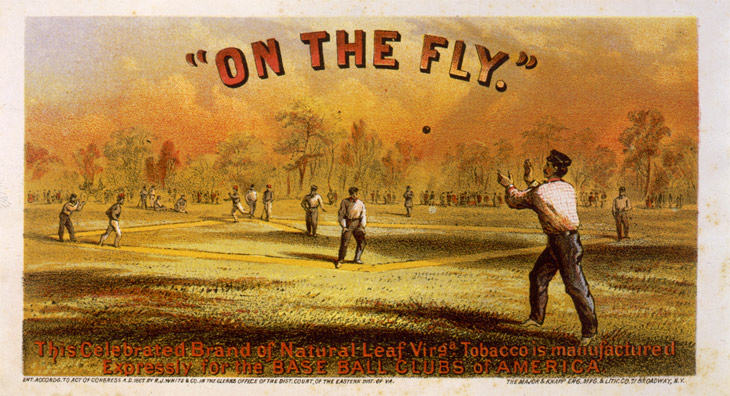For a couple of years around 2005, I made a pretty good living as an interview transcriber for reality shows. A production assistant would drop of VHS tapes of raw footage at my apartment and pick them up when I was done. I was paid $1 per minute of footage and at my peak I could get through 1800 minutes in a week.
Here is a transcript style guide I got from an Executive Producer that I carried through that time and introduced to many different companies. This assumes you are using a word processing program and is most helpful if you are papercutting, but can be used for script synching in Avid as well. This guide is written in the font you should be using, Courier.
Nice-looking transcripts and transcripts that are easy to work with are often two different things. I'll take the latter. We cut and paste name, tape, timecode information and bites directly from the transcript - so that's what this is geared toward. He's some things that would help me greatly:
1) No Autoformatting. No tabs. Tabs remain after cutting and pasting and they're a pain to eliminate . Autoformatting is worse because it can change the format of the sections it's copied to.
2) The easiest standard format for me to use when cutting and pasting any bite is as follows:
FIRST NAME LAST NAME:
(TAPE #, TIMECODE) Quote, in sentence case.
DAN LITZINGER:
(B1606, 01:23:34) Dan says that I could cut this thing straight into a script and make a few small adjustments when cutting in the partial sections etc and have this work pretty well. The advantage of having the timecode beneath the name is that we can easily reach an interim timecode, without having to cut and paste it above.
3) Interim timecodes do help when there's a long quote. Again - simple formats are best. (B1606, 01:25:04) It's good to have a timecode at least every 30 seconds or so.
4) Questions can be paraphrased. They matter very little, except to help me remember the context which is usually pretty obvious anyway.
5) Ums, ahs, long pauses etc are good to see in the transcript. Just write the ums and ahhs and use ... for the pauses and (pause) for the long pauses.
6) Generally - it's worth a second look or a third before the word (unintelligible) gets typed in. If it's that bad - fair enough, but I've known some transcribers with big companies who used this because they didn't understand an accent or really couldn't be bothered. Mumbles are mumbles, but please check to be sure.
7) Spellcheck
8) Please do not delete any transcript files from your hard drive until requested.
If you can master the copy and paste command keys, and the 12 button number keyboard, the repetitive tape and timecode notation goes much faster.
Also, I can definitely vouch for the last point as well, I always keep my own personal backups for transcripts and it has come in handy and even saved the day when files are lost between seasons or during moves.







